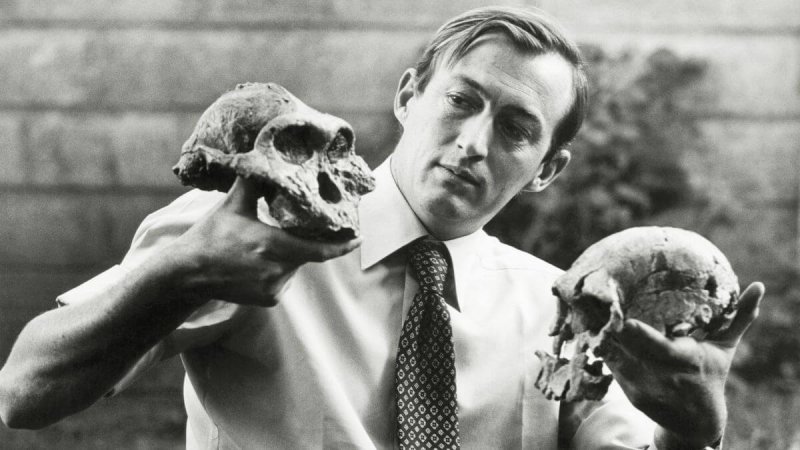Richard Leakey, paleoanthropologist, conservationist and Kenyan political leader, died January 2 at his home near Nairobi.
His expeditions discovered hundreds of hominin fossils, leading Fred Spoor, a paleontologist at the Natural History Museum in London, to tell me his findings were “a most extensive and diverse fossil record of early human evolution.”
Other scientists, conservationists, writers, artists and filmmakers have tried to get people to pay attention to current existential crises, including climate change and the sixth extinction (the predicted mass extinction of much of Earth’s life). They’ve tried to get us to change behaviors, such as our reliance on fossil fuels, that they say will lead to our demise.
Leakey believed our ancestral fossils showed us our shared humanity and carried a blunt message: Like all other past species that once called Earth home, we, too would likely go extinct.
But he also wanted us to see that we could delay this unhappy event if we would acknowledge and address these crises.
Leakey knew that all animal species have a beginning and an end. But it was especially distressing that elephants and all other animals, including humans, could face extinction, not because of an asteroid, but because of human action, or inaction.































